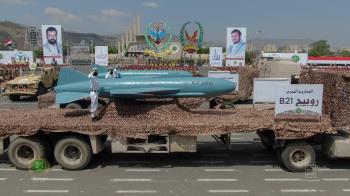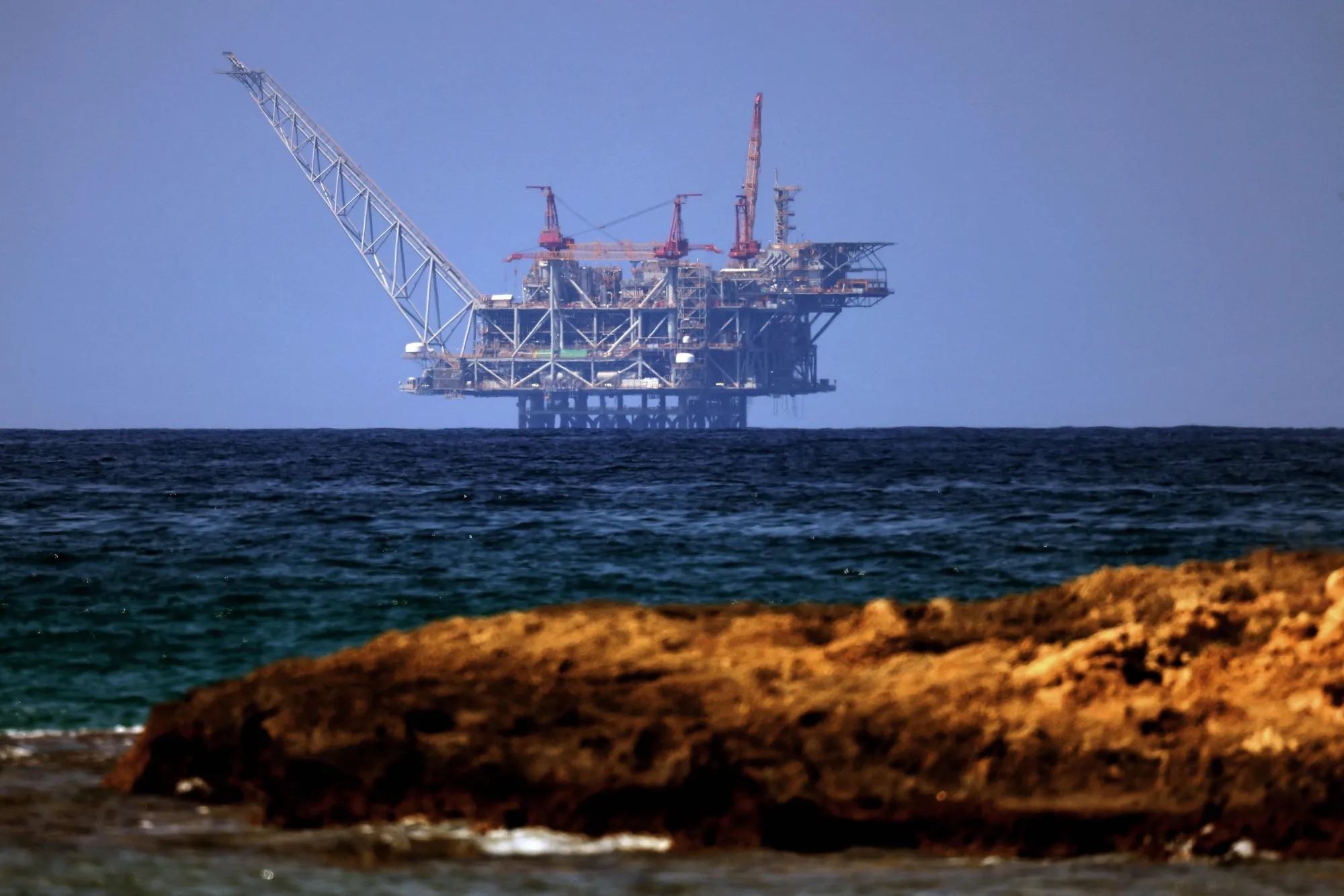Alwaght- Israel's brutal war on Gaza has sparked global outrage, yet some Arab states continue to quietly cooperate with Tel Aviv, especially economically, propping up the occupation and oppression of Palestine.
Egypt, which has long been criticized by Muslim public opinion for its passive policy despite sharing a land border with Gaza at Rafah, has now gone beyond passivity and signed an energy deal with the regime, stabbing the Palestinians in the back.
The Israeli company NeoMed Energy announced on Friday that it has signed an agreement to export about 130 billion cubic meters of gas to Egypt by 2040. The contract, which is worth $35 billion, has broken the record for the largest energy export contract for the Israeli regime.
According to the statement of the company, the agreement with the Egyptian company Ocean Energy will be implemented in two stages. The first stage will be implemented from the beginning of 2026 with the annual shipment of 20 billion cubic meters after the construction of new pipelines. The second stage will be the export of the remaining 110 billion cubic meters after the development of the Leviathan gas field and the construction of a new pipeline through the Nitsana crossing. According to the details released, this agreement, in addition to meeting Egypt's needs, will also export part of it to Europe through Egypt's liquefied gas facilities.
The agreement was signed in a situation where the war in Gaza and the resulting humanitarian crisis continue, and human rights activists and supporters of Palestine have described the agreement as "shameful", arguing that normalizing economic relations with a regime that is responsible for genocide in Gaza legitimizes its crimes.
One-sided deal in favor Tel Aviv
Signing such a major deal is not just economic cooperation, rather, it is multifaceted strategic project. $35 billion in revenues are a secure income source for at least 15 years to come for Israel.
This revenue will cover part of the costs of the war in Gaza, infrastructure development and strengthening of domestic industries in the occupied territories, which have imposed exorbitant costs on the shoulders of the Netanyahu government in the past two years due to its involvement in various fronts. The presence of a large customer like Egypt, which is both a domestic consumer and an export route to Europe, allows Tel Aviv to sell gas produced from the Leviathan and Tamar fields at a high capacity.
The long-term contract will also encourage foreign investors to engage in the development of gas fields and the improvement of energy infrastructure in the occupied territories, and in this way, part of the tens of billions of dollars of capital that fled Israel during the Gaza war will return to the economic cycle of this regime.
The important point is that by becoming Egypt’s main energy supplier, Tel Aviv gains powerful leverage that can use the gas flow as a bargaining chip in bilateral negotiations and regional cases with Egypt.
Some observers suggest that the gas deal will not only strengthen Tel Aviv’s economic position, but also help it reactivate the case for normalizing relations with Arab countries. Since Tel Aviv has explicitly stated that energy exports are the “anchor” for developing relations with Arab and neighboring countries, a deal of this magnitude could open the door to similar agreements with other countries.
Also, using Egypt’s LPG facilities will allow the Israeli regime to transport natural gas produced from its fields to Europe more quickly and at a lower cost, without the need for large and time-consuming investments in new infrastructure. Therefore, by supplying gas to Egypt and Europe, Tel Aviv strengthens its strategic position in the energy equations of the Eastern Mediterranean.
Political and economic risks for Egypt
Signing a multi-billion dollar deal comes ostensibly to respond to an urgent need for energy by Egypt, but a deeper look can disclose an array of political, economic, and security consequences for the country. These outcomes will affect not only Egyptian energy structure, but also the country's regional position and its internal stability.
Massive economic partnership with a regime that is engaged in Gaza war and is facing charges of war crimes can hit hard the Egyptian credit and draw regional public anger against Cairo.
The dependence on gas from the occupied territories practically gives Tel Aviv a leverage to sway Egypt's domestic and foreign policies. The experience of the Israeli regime cutting off gas exports due to wars and security tensions shows that Egypt may face a sudden energy supply crisis at any moment. Just as after the start of the Gaza war and the tension over the Israeli regime's proposal to relocate Palestinians to the Sinai Desert, Tel Aviv stopped production from the Tamar field and gas exports from the Arish-Ashkelon pipeline for weeks, which led to an electricity crisis in Egypt. Also, during the recent war between the Israeli regime and Iran, exports from the Leviathan field to Egypt were cut off for 12 days, and this scenario could be repeated in the future.
Some experts believe that Egypt’s steel and petrochemical industries, which are major consumers of gas, will face shutdowns or reduced production if imports are cut, as recent experience has shown that even a few weeks of gas outages can severely impact Egypt’s industrial production.
On the other hand, heavy reliance on gas imports could reduce investment in the exploration and development of domestic fields such as Zohr. This will increase Egypt’s dependence on imports and jeopardize its energy security. In the long run, this dependence will increase costs and make Cairo more vulnerable to external political and economic pressures.
Furthermore, any threat from war or cyber attacks to the Israeli gas facilities can directly disrupt gas flow to Egypt. This is because replacement of the Israeli gas in the world markets is time-taking and expensive and this will put Cairo in a tight spot in critical condition.
Overall, Israel views energy deals not merely as a revenue stream but as strategic tools of soft power, enabling Tel Aviv to turn gas into a political weapon at critical regional moments.



























